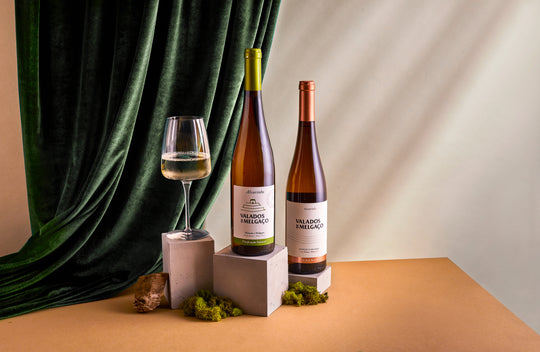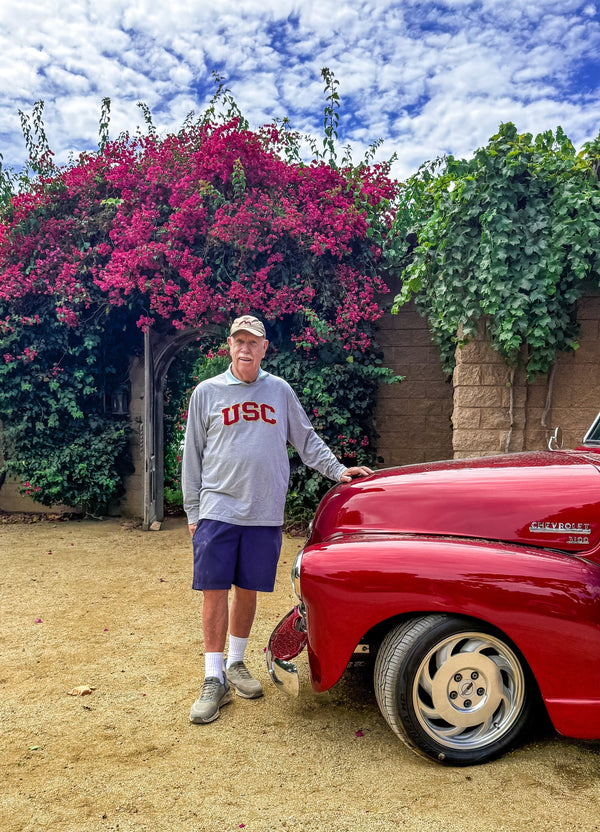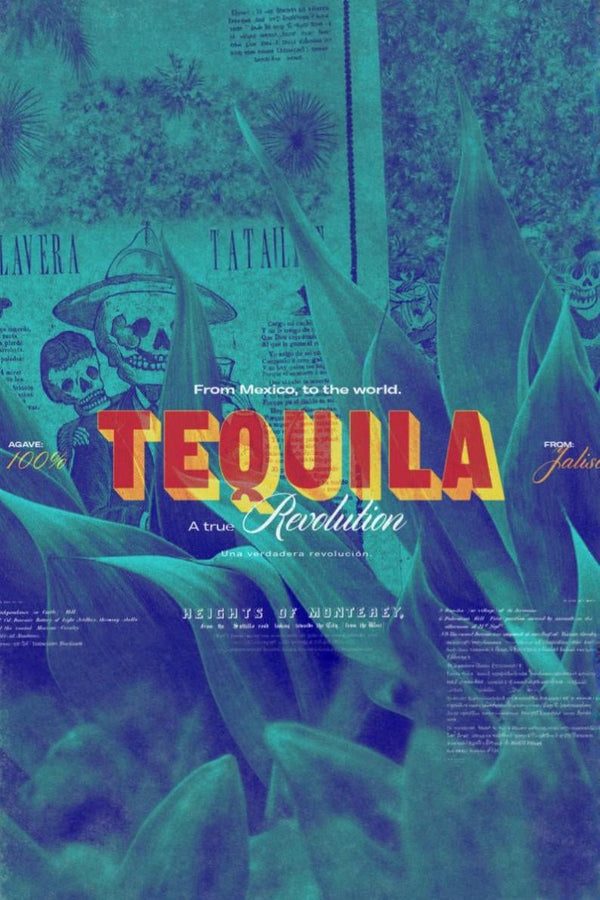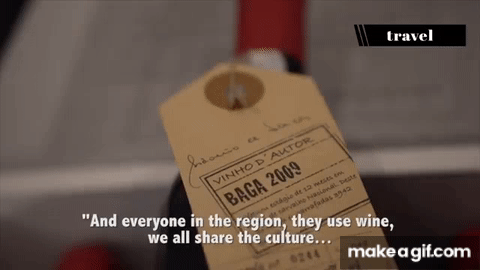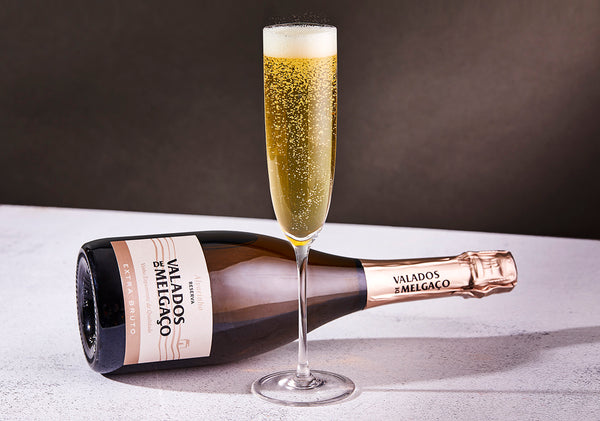Beer, Wine and Whiskey Turn to Paper Bottle

Companies are looking for sustainable packaging
Spirits companies have always touted the flavor, sophistication and quality of their drinks. Now they’re promoting not only that, but also how sustainable they are.
Lighter, biodegradable and easier to recycle. Those are among the selling points wine producers, whisky makers and breweries are using as they seek to replace the glass and aluminum bottles and cans they’ve been using for decades (even centuries).
Companies big and small are accelerating their sustainable packaging efforts as Nielsen reports a steady rise in alcohol sales while we’re all spending more time at home forced by the spread of the pandemic, meaning more bottles and cans that end up in the trash can. Recycling those cans and bottles into new ones requires a lot of work, from transportation to washing and cleaning before being able to repurpose them.
That’s why several companies are turning to a more environmentally-friendly material to bottle their product: paper.
WHISKEY
Johnny Walker is among the firms saying good-bye to glass bottles and replacing them with 100 percent plastic-free paper-based bottles. Diageo, makers of the world-famous whiskey, announced recently that it will release a limited edition line in early 2021 with bottles made from sustainably sourced wood.
The paper bottles are being launched by Pulpex Limited, a sustainable packaging technology firm that Diageo has formed along with Unilever and PepsiCo, which are also introducing their own paper bottles.
“We are constantly striving to push the boundaries within sustainable packaging and this bottle has the potential to be truly ground-breaking,” said Ewan Andrew, Diageo Chief Sustainability Officer.
The biodegradable bottles have a marked improvement over glass ones in terms of benefits for the planet. They reduce carbon footprint by 90 percent and PET by 30 percent. PET, which stands for polyethylene terephthalate, is part of plastic bottles and containers for packaging foods and beverages.
The company is still working on the liner inside the bottle to prevent leakage.
WINE
Italian vineyard Cantina Goccia is bottling its Sangiovese red wine, which has a hint of Merlot and Cabernet Sauvignon, in a 94 percent recycled paperboard (cardboard) container. Made by Frugalpac, the standard 75cl Frugal Bottle can be refrigerated and keeps the liquor inside cooler for longer, the company says.
The cardboard bottle is five times lighter than a normal glass bottle, has a carbon footprint six times lower than that of glass and water footprint four times lower than glass. It also uses up to 77% less plastic and it’s easier to recycle.
The bottle also has a good shelf life. Tests have shown that there’s no degradation to the wine for at least a year, although it’s not suitable for long-time cellaring.
Frugalpac also says the paper bottle is suitable for gin, vodka and rum and other spirits companies are looking to use it.
VODKA AND BEER
Absolut Vodka and Denmark’s beer-producer Carlsberg have also joined forced with other major companies to research and produce a paper bottle for their drinks with paper packaging company Paboco.
The companies have released two prototypes of the Green Fiber Bottle and expect to introduce 100 percent bio-based final versions in a couple of years.
That may not be soon enough for breweries facing a shortage of aluminum cans. Demand for cans went up 30% in March and April due to more drink options, including spritzers and hard seltzers, coming into the market, as well as a change in habits for Americans who are consuming more drinks at home, instead of kegs and larger containers that used to go to bars and restaurants.
SUSTAINABLE PACKAGING
Breweries big and small are trying to reduce their carbon footprint in some way or another, even if they don’t make as substantial changes as the ones being pondered by the previously mentioned companies.
One of the ways they’re trying to help the environment is by replacing the plastic packaging rings in multipacks for more eco-friendly options.
Plastic packaging rings were introduced in the 1960s, but have since become synonymous with ocean waste chocking fish, seabirds and turtles. In fact, some eight million tons of plastic waste enters the ocean every year, making its easy back to humans through the food chain.
Heineken UK just rolled out cardboard toppers on Heineken, Foster’s and Kronenbourg 1664 multi-packs this summer in the United Kingdom and plans to extend them across its entire beer and cider line. The move is part of the company’s efforts to eliminate this type of plastic from supermarket shelves by the end of 2021.
Similarly, Saltwater Brewery in Delray Beach, Florida, was the first one in the U.S. to use six-pack rings made from wheat and barley ribbons left over from the brewing process. The toppers, called “Eco Rings”, are made by Mexico-based startup E6PR and are safe to throw them into compost or the recycle bin. And if they end up in the ocean, sea animals can safely eat them should they come in contact with them, without any harm.
Since their debut, other smaller outfits like Gardner’s Moon Hill Brewing Co. in Gardner, Massachusetts, has also started to use them and major brewery Guinness is adopting them and phasing them into their new U.S. brewery in Maryland.
People have always frown upon those seen drinking their booze out of a bottle “hidden” inside a paper bag.
But soon drinking out of a paper bottle will be a sign that you’re a conscious drinker, one who enjoys a good spirit and also helps to preserve the world for future generations.

